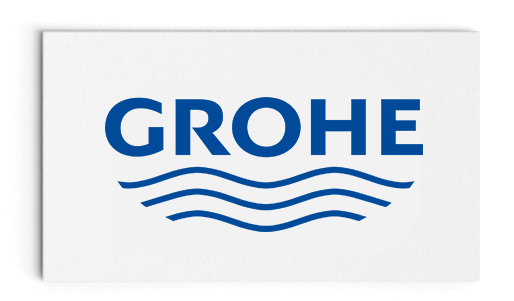Improve your leadership skills
Unleash your potential.
I support you in developing the right leadership skills and competencies and gaining a systemic perspective on leadership.
#Coaching & mentoring #Mindfulness & resilience #Systemic leadership #Leading at a distance
Developing strong teams
Building better teams.
I support you in facilitating team development and creating the conditions for the development of high-performance teams.
#Team development #Conflict resolution #Digital & hybrid collaboration #High-performance teams
Designing a sustainable organization
Make your company a better place to work.
I support you in driving forward the necessary (digital) transformation of your organization.
#Organizational design #Digital & agile transformation #Process optimization #Cultural analysis & development #Strategic personnel development
Realization of relevant projects
Get support for your current work.
I support you in developing your strategy, gaining a customer perspective and developing innovative and relevant ideas.
#Strategy development #Customer centricity #Innovation workshops #Project marketing & design #Business model innovation
Some brands I have worked with
Many years of experience with customers in 19 different industries and countries.
My background
What drives me are the challenges of creating a better workplace.
I have experience in psychology, coaching, group dynamics, leadership development and systemic organizational development in a wide range of industries.

Inspiration and insights
Let’s get things rolling
Get in touch to network, share ideas or discuss how I can help you.








